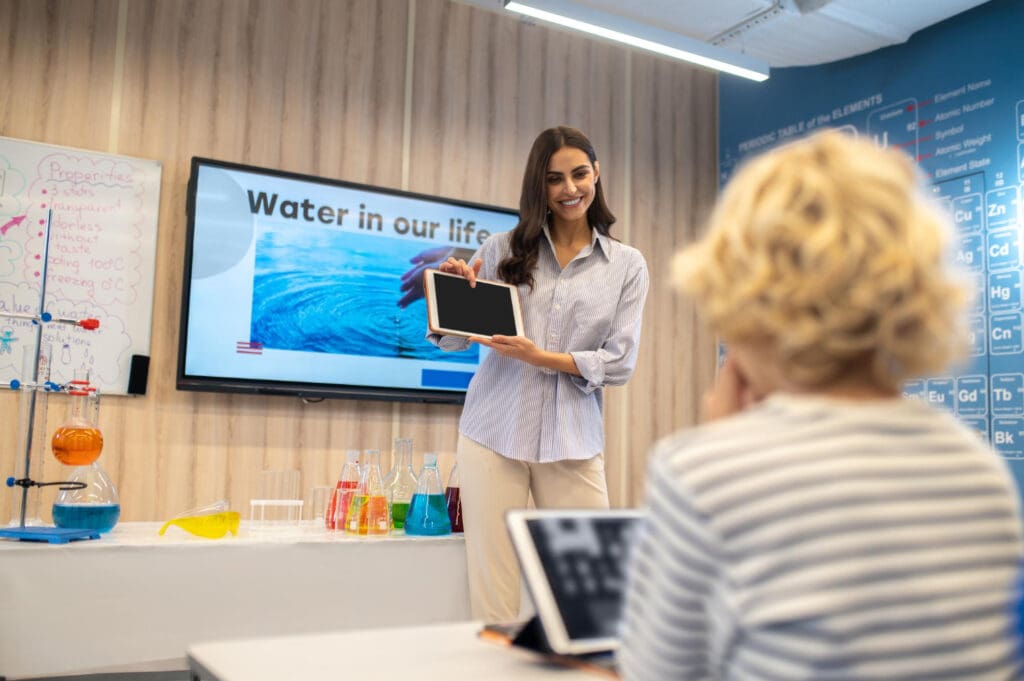Dr Vasudha Neel Mani, Principal, Rockwoods International School

The imperative to infuse innovation into education is undeniable. As Aristotle, a venerable figure in the realm of education, aptly described, education encompasses not only the formal processes of learning and teaching but also the broader spectrum of experiences that shape an individual’s physical, mental, and moral character. Yet, despite its encompassing nature, education often suffers from a reputation of being mundane and uninspiring.
To enrich the educational journey, innovation and creativity are paramount. Teaching, inherently intertwined with learning, serves as a continual voyage with profound impacts on an individual’s holistic development. An educator wields immense influence over students, shaping their minds and characters through the art of effective and innovative pedagogy.
As societal needs evolve and technological advancements proliferate, the landscape of education undergoes a metamorphosis. The contemporary educational milieu, characterized by fierce competition and the exigencies of a professional world, demands novelty and ingenuity. Hence, it is incumbent upon educators to embrace innovative methodologies and techniques to meet these evolving demands.
Gone are the days of monotonous grammar lessons scrawled on chalkboards, where nuances in pronunciation and punctuation were often overlooked. Today, the advent of smart classrooms heralds a new era of immersive learning experiences. Through interactive technologies, students not only grasp concepts more comprehensively but also sustain their interest and curiosity, indispensable elements for effective learning.
Innovative teaching methodologies transcend the confines of traditional rote memorization, fostering self-motivation and engagement among students. By introducing variety and challenge into the educational paradigm, educators not only alleviate classroom tedium but also cultivate a conducive environment for cognitive enhancement. Collaborative learning strategies, such as group studies, offer a reprieve for reticent students, fostering their confidence and communication skills.
Moreover, innovation in education bridges the chasm between rote learning and genuine understanding. By instilling abstract thinking, critical reflection, and practical skills, innovative teaching approaches nurture a deeper appreciation for knowledge and its applicability in the real world.
Children are inherently diverse in their learning preferences and styles, ranging from experiential learning to introspection. Yet, adherence to antiquated teaching methodologies risks alienating students and stifling their innate curiosity. Thus, educators must endeavor to craft captivating and interactive learning experiences that captivate students’ attention and unlock their full potential.
In essence, the quest for educational innovation is not merely a pedagogical pursuit but a societal imperative. By fostering a culture of creativity and experimentation, educators empower future generations to navigate an ever-evolving world with confidence and competence.


